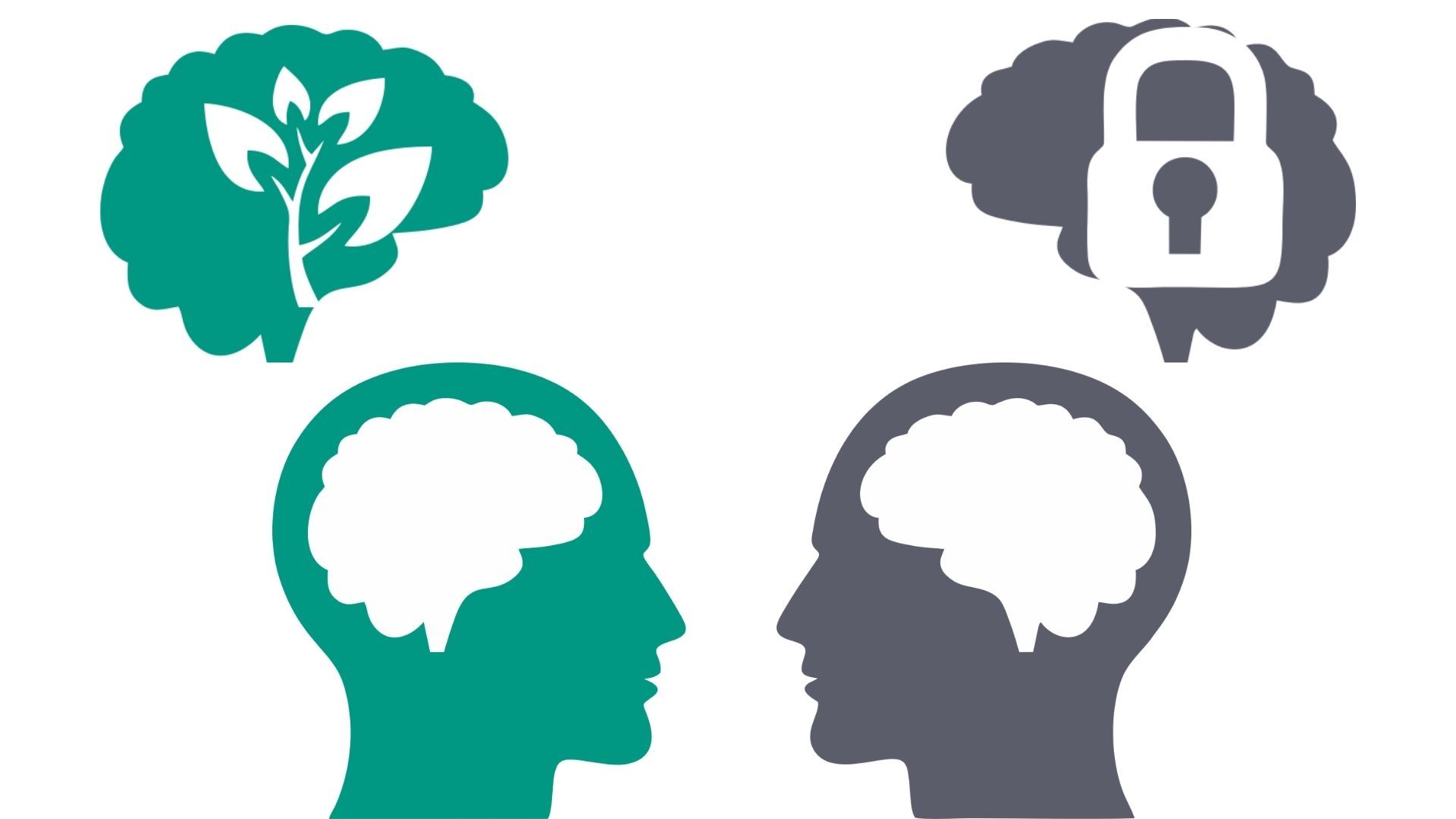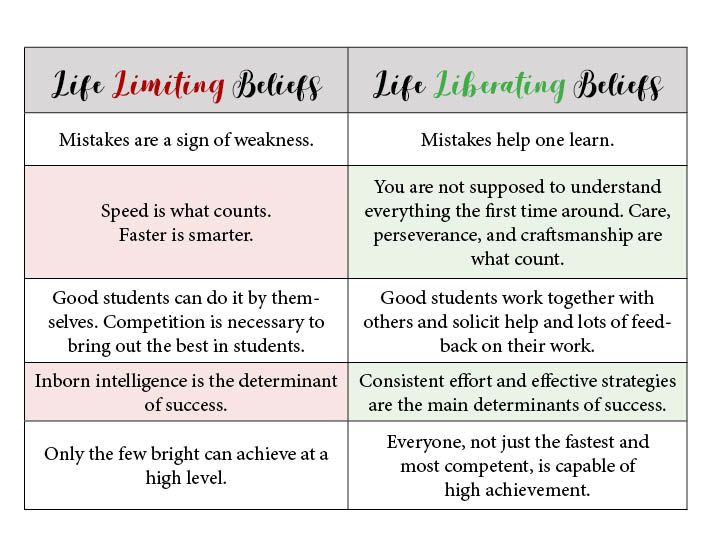Supporting a Community-Wide Mindset Shift
We all know the importance of working from a growth mindset (Dweck, 2009) framework for all our students.
But how exactly do we as teachers and school leaders support a shift from a fixed to a growth mindset?

1.
Trace the history of how fixed intelligence and measurable IQ got established so soundly in the USA (Gould 1981.) Read about The History of the Idea of Intelligence in the United States.
It is within all of our reach to change both our own and our students' mindsets around the negative beliefs that are holding us back. |
2.
Present evidence that ability can be grown and that the bell curve of innate ability is false (Saphier, 2017). Read High Expectations Teaching.
3.
Look in detail at the subtle but powerful ways in which we consistently communicate to our students with choice of language our own view of their ability in situations like how we respond to requests for help. Read High Expectations Case Studies for examples of how others have shifted their communication.
4.
Create classroom routines and structures like frequent quizzes and student error analysis that help students see their progress and take responsibility (agency) for their learning. These routines give real horsepower and constant reminders to students of their role in doing well academically and embed by their very nature the message that they can do well. Watch videos: My Favorite Part and Weekly Quizzes and Retakes for examples of how two teachers implement practices to support students' growth mindsets.
5.
Employ certain instructional strategies that get low-confidence students very clear on what proficiency looks like such as co-developing criteria for success. Watch videos: Critical Elements of Lesson Design, and Honorable Mention: 2020 Skillful Teacher Video Contest: Rebecca Wait and Michele DeMaino
6.
Deliberately and specifically teach students the strategies of successful studying and how to exert effective effort. Watch the video on Explicit Teaching of Strategies.
7.
Give students choice and voice to legitimately influence classroom life and make choices about how they learn. Read our blog Refocusing and Recharging to Build a Strong Classroom Climate
8.
Shape school policies and programs that embed by their very nature the tacit assumption that ability can be grown. Watch how two schools in Barnstable and Webster, MA implemented school-wide climates of high expectations.
A shift in mindset starts with the individual, but it is most effective when an entire school community can embrace the idea that "smart is something you can get." And with every other skill in teaching it takes constant attention and deliberate work to grow.
Remember:
- This is Important.
- You CAN do it.
- I won't give up on you!
